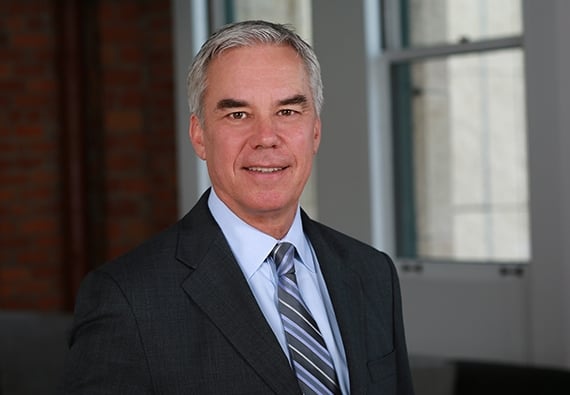California Court of Appeals Rejects Employer Strict Liability For Missed Meal Breaks
A California Court of Appeals has rejected the Division of Labor Standards Enforcement's ("DLSE's") long-held policy holding employers liable for missed meal breaks regardless of employer knowledge or coercion. In Brinker Restaurant Corporation v. Superior Court, 08 C.D.O.S. 9247 (July 22, 2008), the court also held that allegations of unreported overtime were not appropriate for class action litigation. The decision not only significantly alters the employer's burdens in defending against claims for meal break penalties and overtime, but may also dramatically reduce litigation of such issues through class action.
In Brinker, the DLSE had brought an enforcement action on behalf of a class of restaurant employees alleging, inter alia, that the employees had commonly missed their meal breaks and worked extra hours not recorded on their time cards. The DLSE submitted dozens of declarations from employees describing such experiences. In response, the employer presented its written policies which directed that employees take meal breaks as provided by California wage orders and record all hours worked. The employer submitted declarations from employees and supervisors confirming that employees regularly complied with these policies. The DLSE asserted its long-standing position that the employer was liable for missed meal breaks and off-clock hours worked regardless of its knowledge or acquiescence. Agreeing with this interpretation of the law, the trial court certified the class based upon an acceptance of the DLSE's position that the employer was strictly liable for each occurrence regardless of the circumstances.
The Court of Appeals for the Fourth District (in San Diego) reversed and ordered that the class be decertified. The court observed that California wage orders only require that employers "provide" meal breaks. The court held that this language did not require that employers ensure that the meal breaks are taken. Of course, the court explained employers may not "impede, discourage or dissuade" employees from taking meal periods. Though it failed to specify which steps are required in order to "provide" a meal break in each instance, in this case, the court noted that the employer had a written policy stating the employees were entitled to take meal breaks in accordance with the California wage orders and that there was no evidence that the employer had a policy of discouraging meal breaks. The court rejected the notion that employers needed to "police" their workforce to assure that every meal break was taken. Thus, absent evidence that employees were prevented, discouraged or dissuaded from taking their meal break, the employer would not be liable for an individual employee's choice not to take the break.
The court also rejected class treatment of claims for various employees claiming that they had worked hours not recorded on the timekeeping system. The court held that the employer need only pay for such hours if the employer knew or should have known that the employees were working them. Again, of course, the court held that employers may not coerce, require or compel employees to work hours off the clock. Given that liability would depend upon assessing each situation, the court held that the claims were not sufficiently common to justify class treatment.
The Brinker decision offers the possibility of reduced class litigation and greater employer certainty regarding meal break and overtime violations. It is likely, however, to be the subject of efforts for depublication, reconsideration, and California Supreme Court review. Thus, employers should not reduce their vigilance in assuring that meal breaks are taken and employees record all hours. The Brinker case does re-emphasize the importance of maintaining clear, express policies directing that employees take their breaks and record their hours. Such policies evidence a good faith effort by the employer and, if the Brinker decision stands, may provide a defense to meal break and overtime claims.

